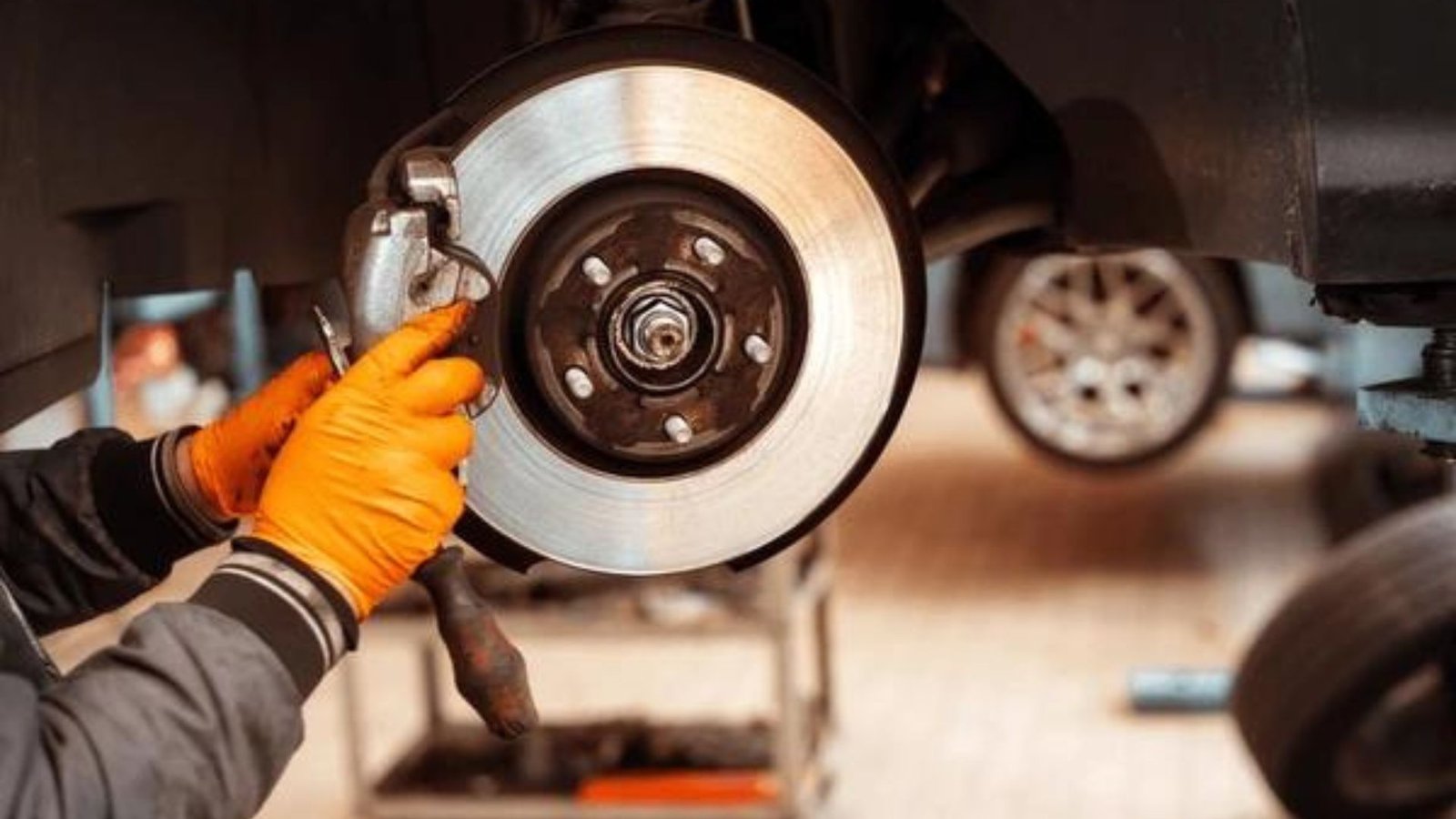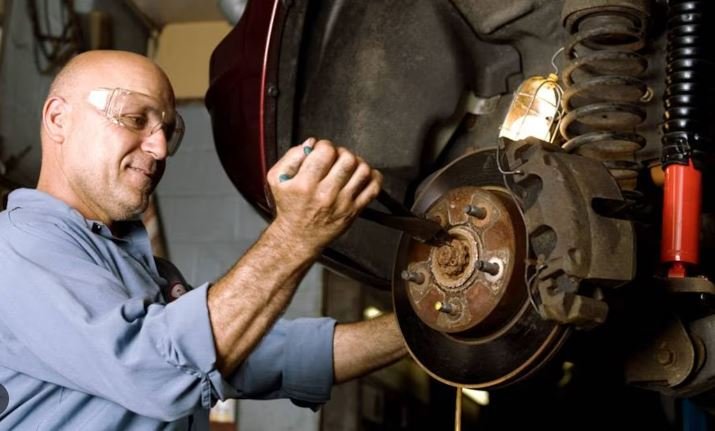Brakes play a crucial role in your vehicle’s overall performance. They don’t just stop your car; they also influence handling, stability, and safety. Understanding how your brakes impact performance and how to maintain them can help you drive more safely and efficiently. Here’s what you need to know about the relationship between brakes and vehicle performance.

How Brakes Affect Vehicle Performance
1. Stopping Power
Impact on Performance:
- Stopping Distance: The primary role of brakes is to reduce your vehicle’s speed and bring it to a stop. High-performance brakes with quality pads and rotors can significantly reduce stopping distances, improving your ability to stop quickly in emergency situations.
- Braking Force: Effective brakes provide consistent and reliable braking force. Poorly maintained brakes may lead to longer stopping distances and reduced confidence in emergency stops.
Tips for Improvement:
- Upgrade Brake Components: Consider upgrading to high-performance brake pads and rotors if you drive in high-stress conditions or require quicker stops.
- Regular Maintenance: Ensure your brakes are regularly inspected and serviced to maintain optimal stopping power.
2. Handling and Control
Impact on Performance:
- Vehicle Stability: Brakes affect how well your vehicle handles turns and maintains stability. Properly functioning brakes help keep your vehicle balanced and prevent skidding or loss of control during hard braking.
- Weight Distribution: Braking transfers weight to the front wheels, which can affect handling. Well-maintained brakes ensure that weight distribution is managed effectively, improving handling and cornering performance.
Tips for Improvement:
- Check Alignment: Regularly check your vehicle’s alignment and suspension system, as they work together with your brakes to maintain handling and control.
- Practice Smooth Braking: Learn and practice smooth braking techniques to enhance vehicle stability and control.
3. Brake Fade
Impact on Performance:
- Reduced Braking Efficiency: Brake fade occurs when the brakes overheat and lose effectiveness. This typically happens during prolonged or heavy braking, such as on long downhill descents or during aggressive driving.
- Increased Stopping Distances: When brake fade occurs, you may experience longer stopping distances and reduced braking performance, which can affect overall driving safety.
Tips for Improvement:
- Use Engine Braking: Employ engine braking to reduce the load on your brakes during long descents or heavy braking situations.
- Ensure Proper Cooling: Ensure your brakes are adequately cooled by avoiding excessive braking and allowing them to cool between heavy use.
4. Brake Balance
Impact on Performance:
- Even Braking: Proper brake balance ensures that all wheels are braking evenly, which is essential for maintaining control and stability. Uneven braking can cause the vehicle to pull to one side or result in skidding.
- Handling During Turns: Good brake balance helps maintain control during turns, preventing understeer or oversteer.
Tips for Improvement:
- Regular Brake Inspections: Have your brake system inspected regularly to ensure that all components are working properly and providing balanced braking.
- Match Brake Components: When replacing brake parts, use components that match your vehicle’s specifications to maintain brake balance and performance.
5. Brake Noise and Vibration
Impact on Performance:
- Indication of Issues: Unusual noises or vibrations when braking can indicate problems with your brake system, such as worn pads, warped rotors, or other issues that can affect performance.
- Driver Confidence: Consistent and reliable brake performance helps build driver confidence. Noise and vibration can signal that your brakes need attention, impacting your confidence in their effectiveness.
Tips for Improvement:
- Address Issues Promptly: If you notice any abnormal noises or vibrations, have your brakes inspected and repaired by a professional to ensure they are functioning correctly.
- Use Quality Parts: Choose high-quality brake pads and rotors to reduce noise and vibrations and improve overall braking performance.
Conclusion
Brakes are integral to your vehicle’s performance, influencing stopping power, handling, brake fade, balance, and overall driving experience. By understanding how brakes impact performance and following these maintenance tips, you can ensure that your braking system remains effective and reliable. Regular inspections, prompt repairs, and upgrades when necessary will help you maintain optimal braking performance, enhancing your safety and driving experience on the road.




